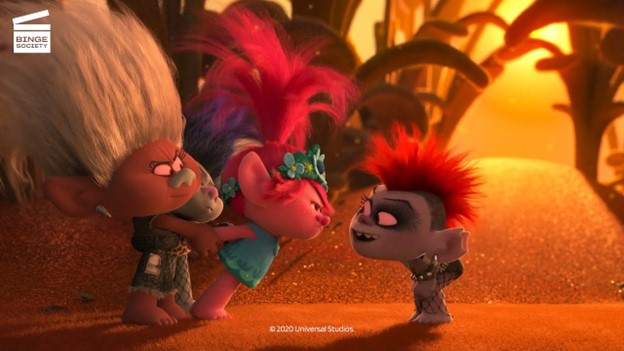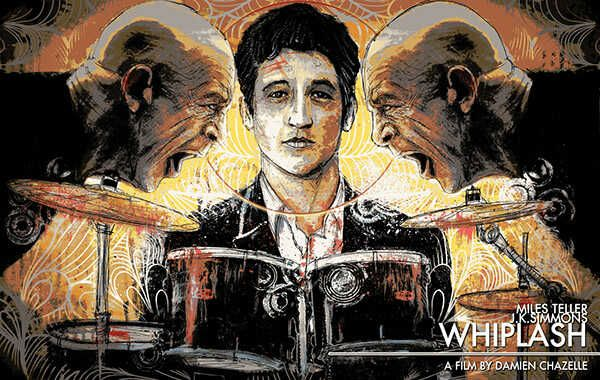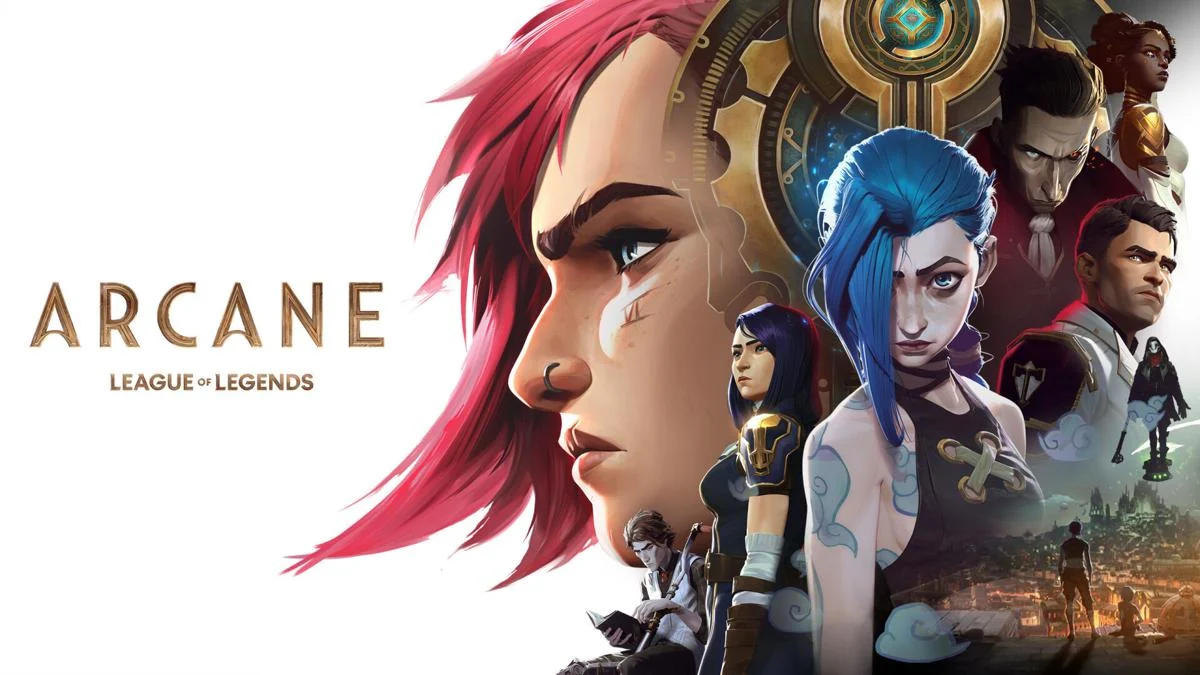Trolls: World Tour (2020), or Trolls 2, is a Dreamworks animated film directed by Walt Dohrn and co-directed by David P. Smith, from a screenplay by Maya Forbes, Wallace Wolodarsky, Elizabeth Tippet, and the writing team of Jonathan Aibel and Glenn Berger. It is a whimsical children’s comedic adventure with heavy-handed metaphors for racial tension, forced assimilation, and cultural ignorance. In this film, Poppy (Anna Kendrick) has become queen of the trolls. (Trolls being small, colorful creatures whose superpowers include singing, dancing, and turning greyscale when depressed, according to the first movie.) She soon discovers that the Pop trolls are not the only types of trolls in the world- in fact, there are many other tribes of trolls on their continent. Poppy faces down with age-old lies about Pop history, deep-seeded cultural tensions between tribes, her strenuous relationship with her best friend, Branch (Justin Timberlake), and her own ignorant optimism when it comes to interacting with trolls that don’t fit her idea of acceptability. Cultural, Historical, and Psychoanalytical lenses all play a part in the film’s overarching struggle to decipher cultural harmony vs. assimilation.
Cultural and Psychoanalytical lenses can be applied easily to the story and the messages presented in it. Each tribe has different values, customs, and flavors of music that don’t sit right with the protagonist, Poppy. For instance, Pop trolls wear felt and glitter, whereas Rock trolls tend to wear leather and fishnets, Funk trolls tend to have tinsel and plastic, Country trolls tend to sport denim and flannel, and Classical trolls wear Victorian formal attire. Each tribe has their own architecture according to the climate and landscape, their own hairstyles and color coding, and of course, their own music. Because the tribes have been isolated for so long, they have difficulty mixing, or rather, Pop trolls have difficulty acclimating to foreign places. This first reveals Poppy’s ignorance about differences in culture. Upon arriving in Lonesome Flats, the home of the Country trolls, and hearing their saddening music (“Born to Die”), Poppy says, “Ohh, they must not know that music is supposed to make you happy! That’s so sad!” and immediately performs an ear-ringing medley of top-shelf Pop music (“Pop Medley”) to show them “real music.” This creates a stunning parallel to the main villain, Queen Barb of the Rock trolls, who intends to thieve all the tribes’ strings and use their power to “unite” all the trolls under one music: Rock music. She genuinely believes that Rock music is superior and that all other nations and tribes can reasonably be destroyed and taken over to facilitate the complete rule of her genre. This, to her, is harmony. Though Poppy intends to save the tribes from Barb’s world tour, she simultaneously believes that “Deep down, we’re all the same!” And that everyone will eventually join together, see the truth, and live in harmony. She doesn’t listen to those who try to explain otherwise, such as her friend and love interest, Branch. Queen Essence of the Funk trolls even tells her, “But we’re not all the same. That’s why all our strings are different; they reflect our different music. Denying our differences is denying the truth of who we really are.” But a distraction prevents Poppy from internalizing that information. They both believe in assimilation through different means: Poppy believes everyone is the same, whereas Barb believes everyone should be the same. Poppy’s views are further enabled by her best friend, Branch, who follows her around like a lost dog. Though he knows she is wrong about many things, he still strives to protect her feelings.
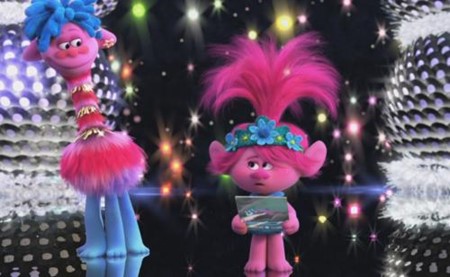
In the first movie, Branch was a lonely, paranoid hermit who lived in his bunker to escape troll-eating Bergens after witnessing his grandmother being eaten by one. He was also abandoned by his brothers at a young age. After 20 years of isolation and fear, Poppy was the character to drag him out on a grand adventure to save her friends and get him his hope back, which means from now on in the franchise he is rarely seen not trailing behind her and protecting her from harm. Though he knows she’s wrong about many things, he forces himself to support her number one goal: being a good queen. Even if her inability to listen to the people who care for her is the one thing constantly barring her from that. When he eventually breaks, he says, “Because your dad was right, and Biggie was right, and Queen Essence was right, and I’ve been backing you up! Even when you ignore them! You want to be a good queen? Good queens actually listen.” Foiling Poppy’s reluctance to listen to the truth, Queen Barb experiences a lack of warmth or support in her life. Her father is senile, and she is surrounded by people who only tell her what she wants to hear. During her rant about pop music, not one person in the room is actually paying attention. Hurt by her circumstances and likely thrown into the role of Queen without earning it the way Poppy did in the first movie, she seeks to impress her new followers by destroying the “other” she views as culprit for all her problems. Both Barb and Poppy put too much effort into being good queens when they should focus more on being good people. Even when not focusing on the main characters, it’s easy to see how each character’s culture plays a deep role in their psyche. For example, the B plot of the film follows Cooper on an adventure looking for trolls that look like him. At first, he has no luck, but then, just as he passes out in the desert, he is abducted by a seemingly alien spaceship: Vibe City. He meets his long-lost royal family and finds out he is a prince of Funk. He must come to terms with being a Funk troll raised in Pop village, and what that means for his identity. Rather than being forced to assimilate into Funk culture, his parents see him as both Pop and Funk, and welcome him into their family with all his uniqueness. In the end, the film’s theme of harmony returns for a final time as Poppy destroys Barb’s guitar and says, “Harmony takes lots of voices! Different voices!” which eventually leads into the grand finale song, “Just Sing”, in which each tribe of music has a verse to express their style. Hard work and repetitive mistakes go into creating harmony between people, but Trolls does a fantastic job of exploring the celebration of culture and individual identity.
A historical lens is the cherry on top of the film’s heavy-handed metaphors. Queen Barb’s world tour is a nefarious plot to turn every troll on the continent into a Rock troll. Forced cultural assimilation has thousands of dark places in history. Some of the most well-known examples would be Nazi Germany, Native American boarding schools, and The Crusades. Though the film obviously takes a more whimsical approach to the plot considering the audience, deep thought on Queen Barb’s actions calls to mind some rather terrifying historical events that had massive effects on the world. Another thing to consider is that pop history and the lies surrounding it have allegorical ties to modern cultural appropriation and the American school system. At the beginning of the film, Poppy’s father, King Peppy, tells her that the reason the tribes live in isolation from each other is because they all just couldn’t stop fighting and had to separate for the sake of peace. However, when Poppy visits Vibe City (the home of the Funk Trolls) and meets King Quincy, Queen Essence, and their sons Prince D and Cooper, they tell her the truth: The reason all the tribes live in isolation is because Pop stole their music and used it for their own genre with no credit. (“It’s only samples, autotunes, and remixes,” as stated in the song.) Poppy asks, “But, that’s not what it said in our history scrapbooks!” to which Prince D replies, “Scrapbooks are cut, glued, and glittered by the winners.” Pop trolls grow up having important historical events hidden from them, eerily similar to ongoing school curriculum banning. The epiphany that culture is a harmony sung in many different voices is one that we have been having since the beginning of time and will continue to have until history hits a page limit.
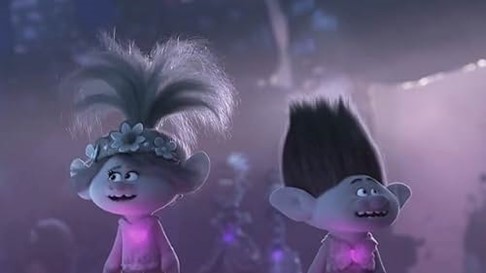
Overall, the film Trolls: World Tour illustrates the nuanced differences between assimilation and harmony in the minds of people still conceptualizing culture. Psychoanalysis of the characters shows deep and reasonable flaws in every character’s thought process and relationships between characters that go deeper than you would expect. The allegorical ties to ignorant wars in history give the plot an edge that begs audiences to compare their own inner cultural lens to those represented in the film.

